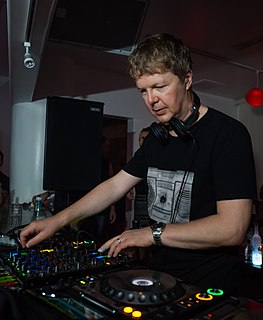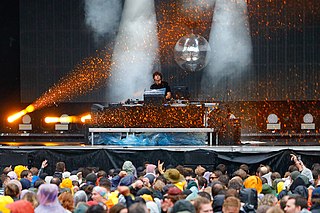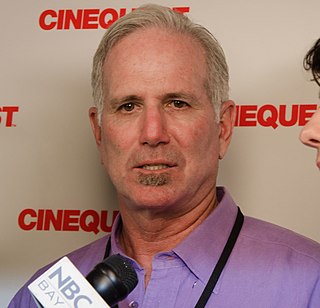A Quote by Phil Daniels
'Vinyl' is a good look at the music industry. The script was honest.
Related Quotes
I've always been a fan of vinyl. There's something about the ritual of it. Something about it holds its gravity, for some reason. Sometimes you'll put on music and the music fades into the background. But when you take that vinyl out and put it down, the music becomes the conversation as opposed to being the soundtrack to it.
Being the recent accessibility of rare vinyl and cassette music via blogs, as well as the digital backlash which is driving more people to crave the tangible - most of these minimal wave releases are hand-numbered vinyl editions, which adds another level to the listening experience. They can listen to an LP and it's there for them to look at, examine its cover art, and hold whilst buying and downloading music in digital form remains such an ephemeral experience.
Vinyl is so outdated nowadays. I can make a track in my hotel room today, and play it for the crowd tomorrow. That never happens with vinyl. I played a lot of acetates at the end of my vinyl period - I used to make tracks and get them pressed in four or five days - but the quality was always so bad and they would skip all the time. The vinyl days for me are over. I still buy vinyl, but only albums, and just to play. For DJing, vinyl is a nightmare.
Vinyl, CDs or laptops, it doesn't matter - you should use whatever
you're comfortable with. If you're on the dancefloor and there's
good music coming out of the speakers, that should be enough. If
you're standing there storing your chin going: 'This would sound
better if it was on vinyl', yes it might do, but at the end of the
day, people want to go to a party.
A lot of people that buy vinyl today don’t realise that they’re listening to CD masters on vinyl and that’s because the record companies have figured out that people want vinyl, And they're only making CD masters in digital, so all the new products that come out on vinyl are actually CDs on vinyl, which is really nothing but a fashion statement.
It's not about the script: it's about who the director is and who the other people in the cast are. Because you can look at a great script and execute it in a very sophomoric way, and you can look at an OK script, and you can execute it in a very sophisticated way and come out with something really good.
The history of the music industry is inevitably also the story of the development of
technology. From the player piano to the vinyl disc, from reel-to-reel tape to the cassette, from the CD to the digital download, these formats and devices changed not only the way music was consumed, but the very way artists created it.
The history of the music industry is inevitably also the story of the development of technology. From the player piano to the vinyl disc, from reel-to-reel tape to the cassette, from the CD to the digital download, these formats and devices changed not only the way music was consumed, but the very way artists created it.


































